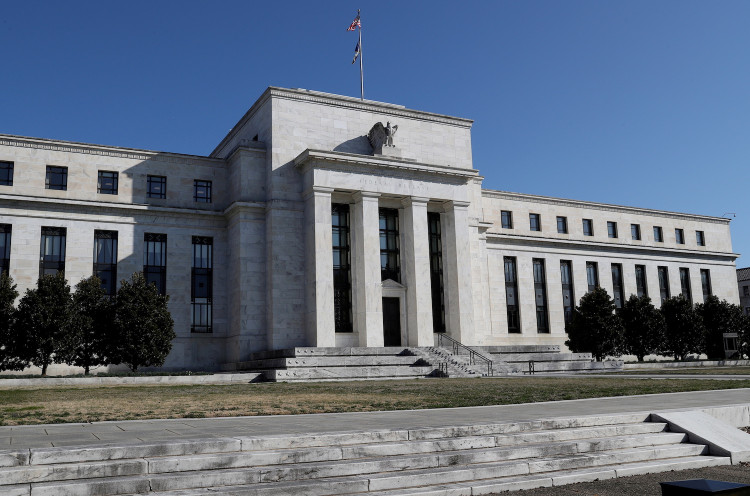The United States' central bank stated Thursday that it will not back down in its fight against the most severe outbreak of inflation in the U.S. since the 1980s, even if it results in a "sustained period" of economic stagnation and a sluggish job market.
Six months ago, a 75-basis-point rate increase by the Federal Reserve seemed inconceivable. Now, it has happened twice in a succession.
Federal Reserve chief Jerome Powell was peppered with questions about whether the U.S. economy was in or on the verge of a recession as he explained the rationale behind the most aggressive interest rate increases in roughly four decades.
"I do not believe the U.S. is currently in a recession," Powell told reporters following the conclusion of the Fed's most recent policy meeting, citing a low unemployment rate and good pay growth and job gains.
In contrast, the 75-basis-point rate hike announced by the central bank on Wednesday, in conjunction with preceding measures in March, May and June, has pushed the Fed's overnight interest rate from near zero to a range between 2.25 and 2.50 percent.
Since previous Fed Chair Paul Volcker fought double-digit inflation in the 1980s, this is the quickest tightening of monetary policy.
Consumer prices have not yet exceeded the 10 percent annual level this time, but at 9.1 percent they are close enough to do so to raise the stakes for both the central bank and the Biden administration, which is particularly sensitive to the issue ahead of the November midterm elections.
While Powell stated that he did not believe a recession would be required to solve the problem this time, he conceded that the economy was slowing and would likely need to decline more for the central bank to reduce the rate of inflation.
However, he remained categorical that the behavior of inflation will determine the Fed's future, and that "another exceptionally big (rate) hike could be justified" at the next central bank meeting if inflation does not begin to moderate.
Powell and many of his colleagues were caught off guard this year when they made policy promises based on data - particularly inflation - that negatively surprised them and required them to make adjustments on the fly.
Powell stated that Fed officials are "acutely aware" of the burden that inflation causes on American consumers, particularly those with limited means.





